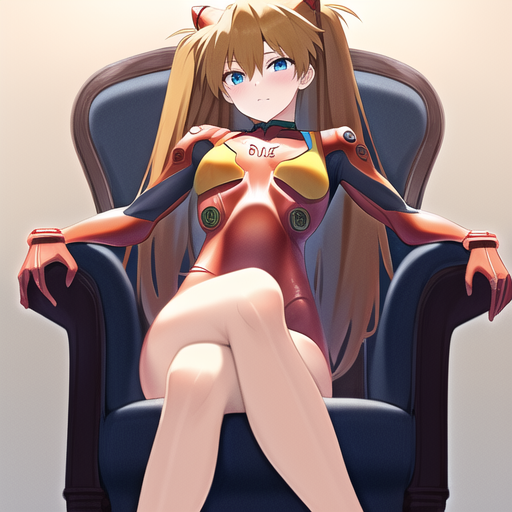The realm of adult entertainment is undergoing a revolutionary transformation with the advent of artificial intelligence (AI) in creating hentai, a popular form of adult anime and manga. This intersection of technology and erotic art is not just a novelty; it’s an evolving landscape that offers a glimpse into how AI can reshape creativity and personal preferences in adult content.
The first paragraph delves into the origins of hentai and its cultural significance. Hentai, a Japanese term, has a long history in the realm of adult-themed anime and manga. Traditionally hand-drawn, it has been a significant part of Japanese adult entertainment for decades, often characterized by its explicit content and imaginative themes. The introduction of AI into this domain is not just a technical evolution but also a cultural one. AI hentai generators are using sophisticated algorithms to create visually stunning and diverse artworks, challenging the traditional methods of content creation.
In the second paragraph, the focus shifts to the technical aspects of AI hentai creation. AI in this field employs advanced algorithms, including neural networks and machine learning, to generate intricate and detailed images. These systems are trained on large datasets of existing hentai, learning the nuances of style, color, and form. The result is an AI capable of producing original works that are often indistinguishable from those created by human artists. This technological leap forward offers creators and consumers a new form of expression and experience in adult entertainment.
The third paragraph examines the ethical considerations and controversies surrounding AI-generated hentai. One of the primary concerns is the potential for creating images that depict illegal or morally questionable content. As AI systems do not possess ethical judgment, the responsibility falls on developers and users to ensure that the content generated aligns with legal and ethical standards. Additionally, there are concerns about copyright infringement, as AI could replicate the styles of existing artists without consent, leading to potential legal disputes.

The fourth paragraph delves into the impact of ai hentai generator on the traditional hentai industry. While AI offers efficiency and variety, it also raises questions about the future of human artists in this niche. There’s a potential for AI to supplement rather than replace human creativity, offering tools that artists can use to enhance their work. However, the fear that AI might make traditional hentai artists obsolete cannot be ignored. The industry is at a crossroads, where it must balance the benefits of AI with the need to preserve the unique talents of human artists.
In the fifth paragraph, the article explores the consumer perspective. AI-generated hentai caters to a wide range of preferences, offering personalized content that would be difficult for human artists to match in scale and diversity. This personalization is a double-edged sword, as it raises privacy concerns. The data used to tailor content to individual tastes could be sensitive, and its misuse or breach poses significant risks.
